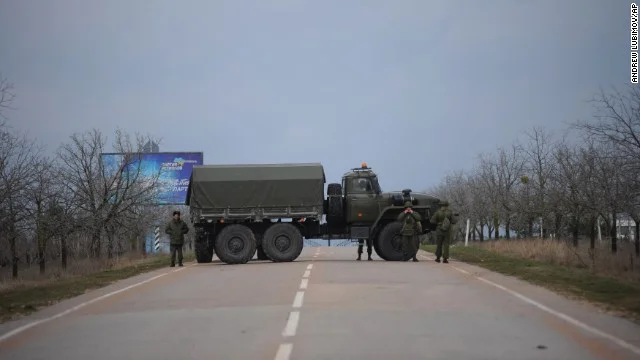Labeled an acute threat by the U.S. Department of Defense in its 2022 National Defense Strategy, the Russian military in Ukraine revealed itself as the flimsiest of paper tigers, a modern-day Potemkin army meant to prop up a faltering regime and its neo-imperialist visions. Where were the unmanned vehicles and the modernized tanks and the fire strikes employed in eastern Ukraine in 2014? Was that army actually a mirage, with the real army now being bled dry eight years later? There was no way that two disparate things, two photo negatives of each other, could exist at the same time. Can two divergent ideas—or two opposite armies—both be true?
Putin’s Wars: Testing Boyd’s Strategy of Applied Friction
President Putin made three foundational assumptions in launching his war against Ukraine that should have been correct but were not. First, Putin assumed the invasion of Ukraine would be a quick and easy fight. Second, he assumed the world would denounce the invasion but tacitly allow it. Third, Putin assumed the war would deter NATO expansion.
#Reviewing Russians Among Us
Corera posits a thesis midway through the book, that Russian hybrid warfare, in all its forms, does not constitute military hard power, but it also does not conform to the traditional definitions of soft power—deferring to Joseph Nye’s description of soft power as attractive instead of coercive. Instead, Corera defines the Russian influence effort as “dark power,” playing on “greed and ambition.” The combination of this dark power with the hybrid warfare model creates a stark picture Corera argues is virtually impossible to combat.
The Nexus of Russian Foreign and Domestic politics through Diversionary Warfare against Ukraine
Russian annexation of Crimea and the conflict in eastern Ukraine that followed negatively affected Russia’s international prestige. However, in contrast to the external reaction, the domestic population demonstrated higher support for national policies. Not only did the Russian public perceive the return of Crimea as a glorious military victory, the government-controlled narrative also managed to spread the effects of such success to positively perceiving the domestic situation as well.
When does Putin become our Stalin?
Russia’s President, Vladimir Putin, governs over the largest landmass on earth, the world’s 2nd largest nuclear arsenal, and over 140 million people. Putin has been criticized as being cold, calculating, and autocratic. He has taken offensive measures in Crimea and Georgia, aggravating European leaders and resuscitating Cold War nostalgia and fear. Furthermore, Putin vehemently refuses to concede to rebel forces in Syria, despite President Bashar al Assad’s wartime atrocities and his illicit use of chemical weapons. While many argue these acts are evidence of Putin’s ruthlessness, they also reveal calculated and strategic foresight.
An Opportunity to Respond: Remembering What It’s Like to Win
The Cost of Power Miscalculation
In light of the recent East-West tensions due to Russia’s near-annexation of Crimea, China’s aggressive behavior in the East and South China Seas, continued instability in the Middle East, and the threat of a nuclear Iran, or worse, a failed nuclear Pakistani state highlight the dangers the United States faces in the decades to come. The recently released DoD Budget and QDR both highlight the need to rebalance the force through greater investments in technological solutions at the expense of manpower along with the future applications of the joint force.
Overestimating Putin: Russia’s Strongman May Be Anything But...
Amid the media response to the ongoing crisis in Crimea, a surprising theme has emerged in certain political circles: Putin-envy. The Russian president who has strived to cultivate a macho image has garnered praise for authoritative leadership and strategic acumen, ostensibly in contrast to his chief international rival, President Obama.
War Games: What Will Be Our Next Conflict?
If conventional war was suspect prior to the GWOT, the possible outcome of the Crimea conflict could almost cement the impossibility of such a war occurring again in the future. It may sound sick when I say that this current dynamic is actually a healthy exercise, as it should provide our government with a wake-up call concerning what a possible conventional war could look like.
Kiev Calling
Misguided pride in former glory is a poor reason to start a war, and it is important that as a matter of policy that allowing a war to be fought is the last option. It is also important to prevent Ukrainians from losing the independence they had sought for. The best option is the one where a solution is negotiated.










